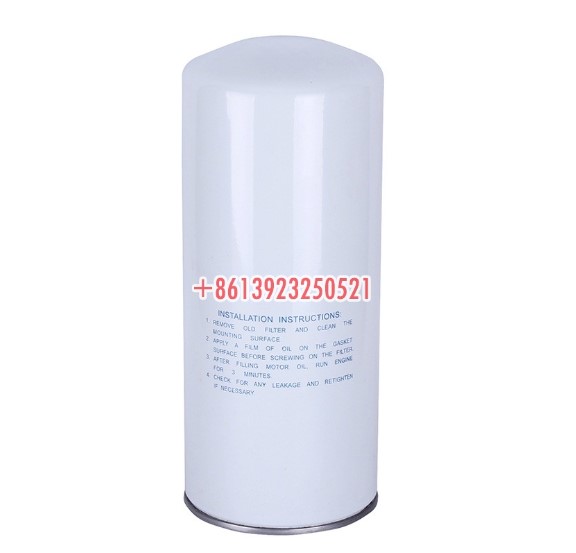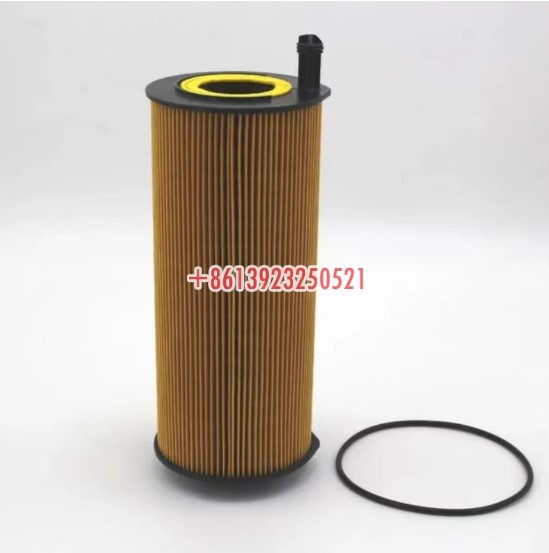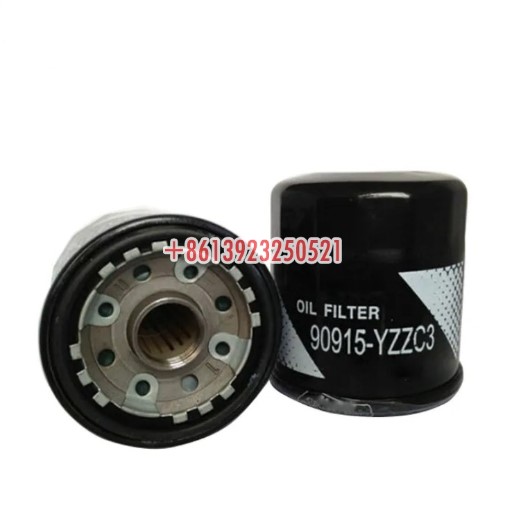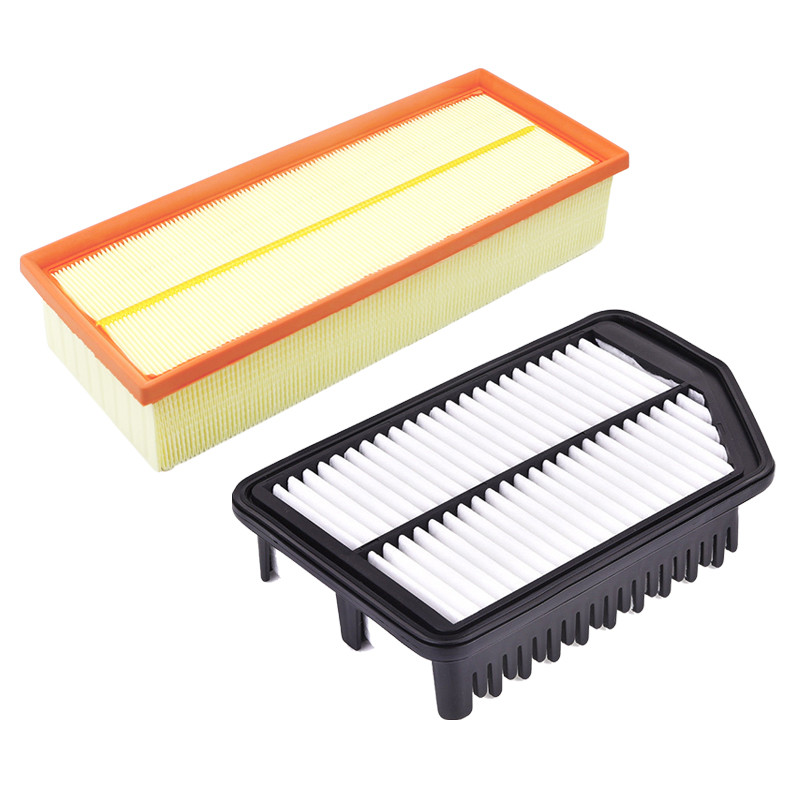Choosing the right oil filter is a crucial aspect of maintaining your vehicle's engine health. While it may appear to be a basic component, the oil filter is critical in preventing pollutants and guaranteeing the durability and efficiency of your engine. In this article, we'll explore the key factors to consider when choosing an oil filter to help you make an informed decision.
Compatibility With Your Vehicle
It is critical to ensure that your chosen oil filter is compatible with your vehicle. The intricacies of engine design vary across makes and models, making it essential to consult your vehicle's manual or seek professional advice. The proper filter not only fits perfectly into your engine, but it also meets its unique performance and filtering needs.
Filter Material
The material used to make an oil filter has a considerable impact on its performance. Paper filters, which are the most prevalent, are less expensive, although synthetic filters are more durable and provide better filtering. A blend of both materials combines the advantages of cost-effectiveness and efficiency. Consider your driving circumstances and budget to choose which filter material is ideal for you.

Filtration Efficiency
Filtration efficiency, denoted as a percentage, reflects a filter's ability to trap particles of various sizes. Choose a higher efficiency oil filter to provide a more complete filtration procedure that captures even the tiniest pollutants. This has a direct impact on the general health and durability of your engine.
Anti-Drain Back Valve
The anti-drain back valve stops oil from draining from the filter when the engine is turned off. This is especially important at starting since it helps maintain proper oil pressure. While not mandatory for all vehicles, it can be beneficial, especially in situations where the vehicle experiences prolonged periods of inactivity.

Bypass Valve
The bypass valve prevents filter blockages. In the event of a blockage, the bypass valve allows oil to flow around the filter, guaranteeing a continuous oil supply to the engine. This feature is particularly valuable in colder climates, where oil may thicken, potentially impeding its flow through the filter.
Filter Size
Selecting the right filter size is crucial for proper installation and function. Using an incorrectly sized filter may result in leaks and poor filtering. Consult your vehicle's owner's handbook or an expert to establish the proper filter size for your engine.

Brand Reputation
Purchasing oil filters from renowned companies is a sensible decision. Established brands with a track record of creating dependable automobile components are more likely to adhere to tight production requirements. Prioritize well-known brands to ensure the quality and reliability of your chosen oil filter. Such as, COOBELL, as a leading car filter supplier in China, we offer a wide range of car filters. We have experience of more than 20 years in producing various car filters that adhere to tight production requirements. If you are looking for the car filters, we are ideal for you.
Change Interval
Consider the suggested oil filter replacement interval. Different filters may need to be replaced at different intervals, depending on factors such as driving conditions and the kind of oil used. Adhering to the manufacturer's guidelines regarding replacement schedules is crucial for maintaining optimal engine performance and longevity. Regular inspections and timely replacements contribute to the overall well-being of your vehicle.
Conclusion
Choosing the correct oil filter is critical to preserving the engine health of your car. By taking the aforementioned elements into account, you can guarantee that your engine receives the protection it need for maximum performance and lifespan. Besides, if you are looking for the high-quality oil filters, please consider COOBELL as your trusted partner!


.jpg)
.jpg)
